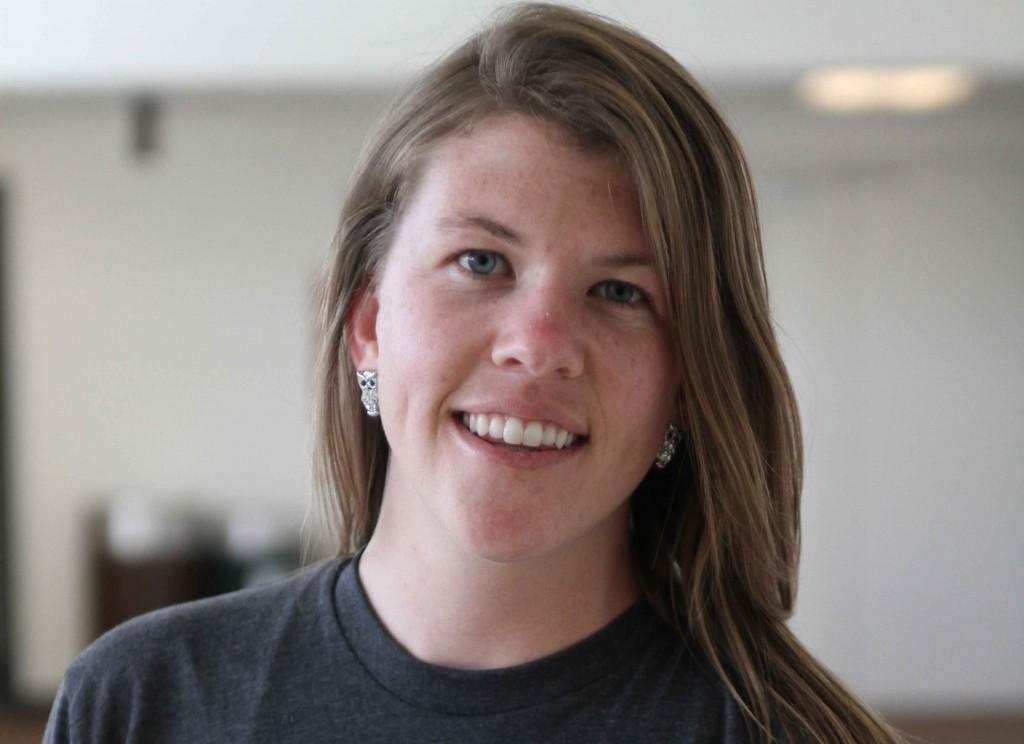
Members of a student activism course are working with Associated Students to draft a
ballot measure that would urge the university to release all stock holdings in
fossil fuel companies.
Each year, students in the Environmental Thought in Action course work to place an advisory measure on the A.S. spring election ballot, said Mark Stemen, professor and creator of the course.
This year’s initiative is currently in its review phase, said Kaitlin Haley, A.S. commissioner of environmental affairs. A.S. submits the draft to legal counsel to ensure the initiative follows university codes and local, state and federal laws.
According to the current draft, this year’s environmental initiative ballot question would ask students whether A.S. should recommend that the university divests all of its holdings in fossil fuel companies within the next four years.
Divestment would mean taking hundreds of thousands of dollars of university money out of fossil fuel stocks to reinvest elsewhere, Stemen said.
Even if the initiative does make it through the voting process, it does not guarantee that the university will follow through with divestment.
“What my experience has been in the past, unfortunately, is that these advisory measures usually get ignored,” Haley said. “I do not think that this one will get ignored though.”
The Environmental Affairs Council has been campaigning throughout the past six months for A.S. to divest it’s own fossil fuel investments. The results of that campaign may indicate whether or not it’s an issue students care about.
“As a university that values sustainability, it is important that we are making economic decisions that are financially sustainable and that are socially and environmentally responsible,” Haley said.
The Environmental Thought in Action class is involved in drafting the ballot measure, petitioning for signatures and campaigning for student participation in the voting process.
“The aim of the class is to give students the skills needed to make a meaningful difference in how governments, communities and individuals deal with environmental issues,” Stemen said. “A main focus of the class is communication and networking skills. We need to get people talking about these issues.”
Divestment from fossil fuels is an urgent environmental issue to students like Olivia Longstaff, who is taking Stemen’s course this semester.
“This is a movement that is going on right now, and we have an opportunity to make a tangible difference in the way we deal with climate change,” Longstaff said.
Members of the class will begin petitioning on campus to collect signatures from students and community members if the proposal is approved at the end of February.
A total of 800 signatures is needed to put the initiative onto the ballot, Stemen said.
A.S. will release a sample ballot on April 1, which will include all pending and verified ballot initiatives, according to it’s website.
All students are allowed to participate in the official elections, which will be held from April 15-17.
“All the voting is done online, and during campaigning there will be signs and educational tabling,” Haley said. “This is the one time a year students get to actively share their voices.”
Eric McCauley can be reached at [email protected] or @theorion_news on Twitter.








